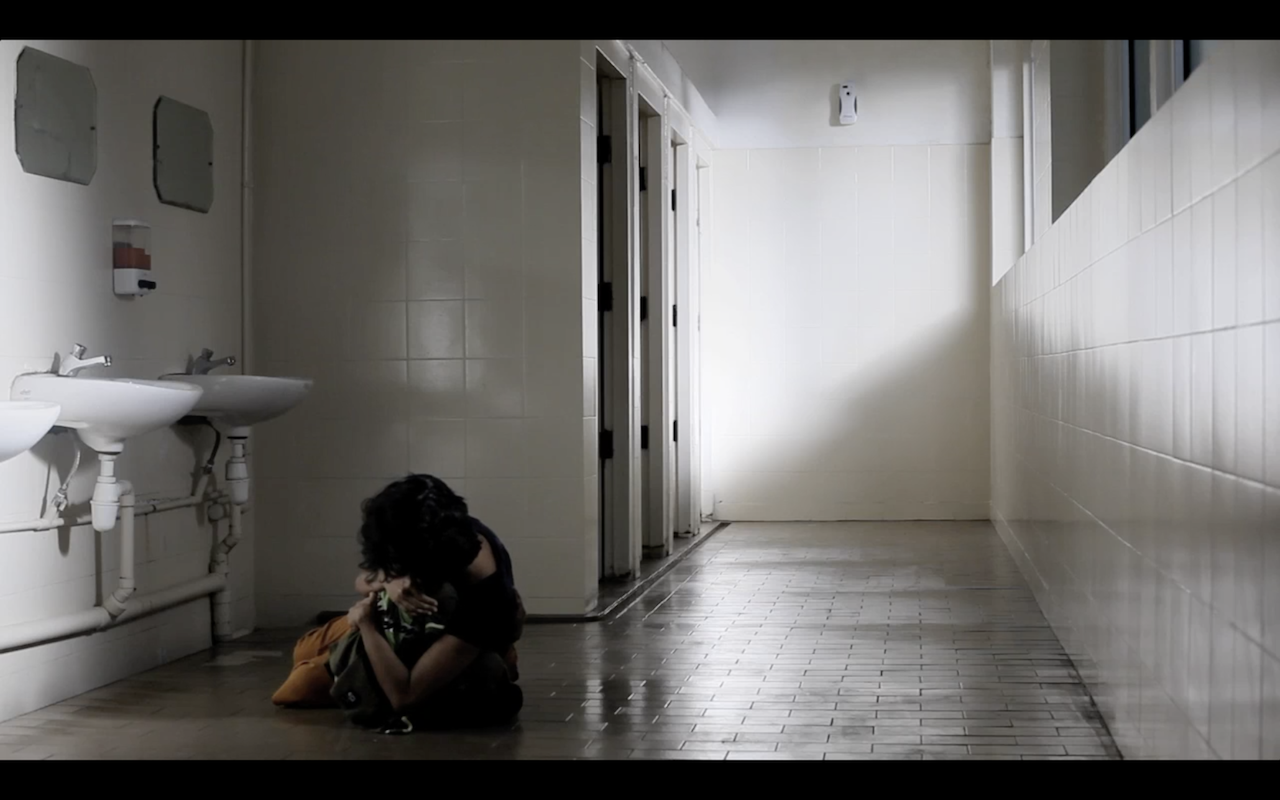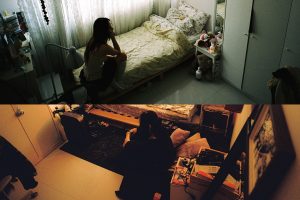For years, our mothers hold god-like power over our lives. They dictate where we go and when, what time we rise and go to bed, what we can and cannot have. At the same time, we want them to be pillars; unshakable sources of knowledge and empathy.
We expect much of parenthood too, living vicariously through children and expecting them to complete our lives in some way.
But expectations rarely translate into reality. Instead, we find ourselves forced to navigate the rifts that inevitably open as we come into our own as distinct people, to wrestle with the incongruencies of our old relationships and the new ones we enter into. In ways often imperceptible to ourselves, we change. And those around us do not always follow.
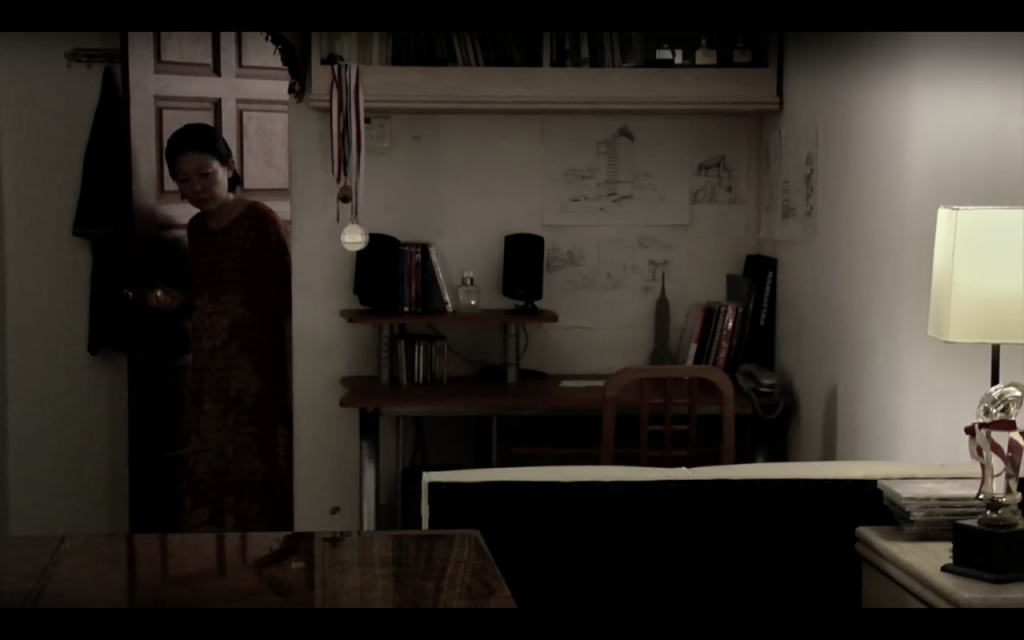
In this film the son’s objects speak for him. A locked door enforces distance while serving as the mirage of a welcome shoreline; a piano’s keys produce notes in which his mother detects pain; the frames in which his image is captured serve as another barrier through which he shields both his mother and us from his reality. Despite her desperation to reach him, and an insistence on love, we eventually receive an admission: she knows, instinctively, the secret that stands between them. But she cannot acknowledge it. They are at a painful impasse.
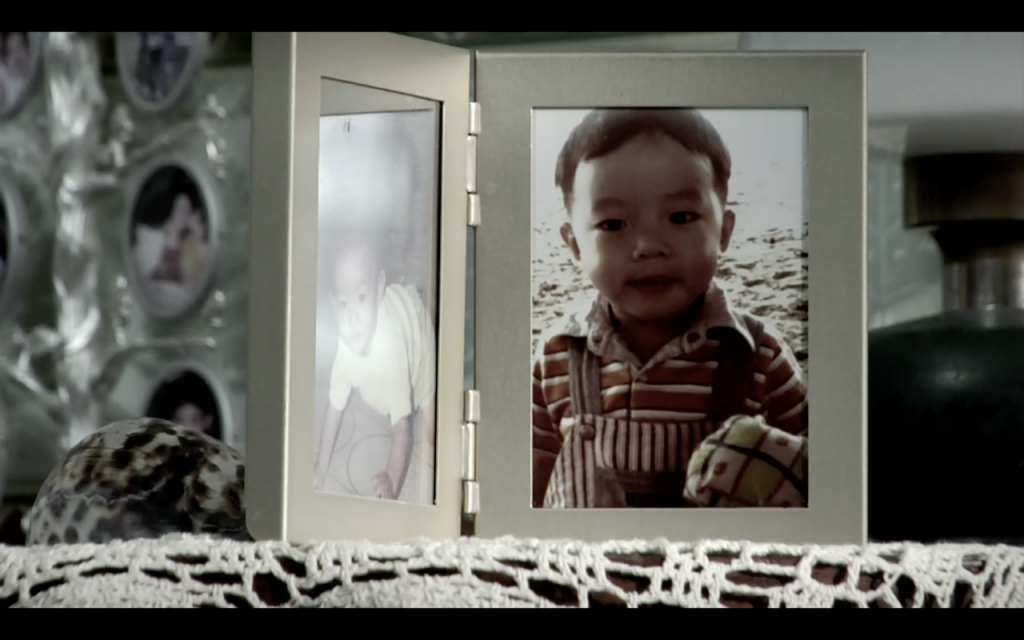
Painfully, our protagonist finds that growth has made old spaces and relationships claustrophobic and suffocating. He asks his mother to let him live, a possibility that he believes can manifest only if she lets him go.
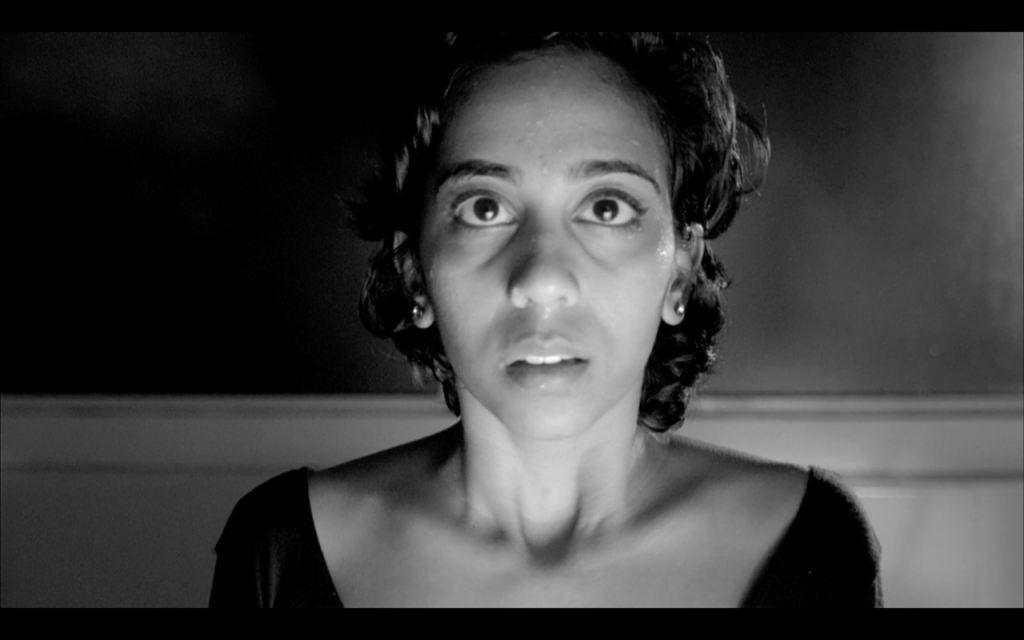
K’s gaze finds us too, wide and unwavering, impaired by an eyepatch over his right eye. He is quiet and depicts himself as an unhappy child. And though his mother appears in his drawings, she is conspicuously absent in his home. The scenes we see K in are void of physical intimacy.
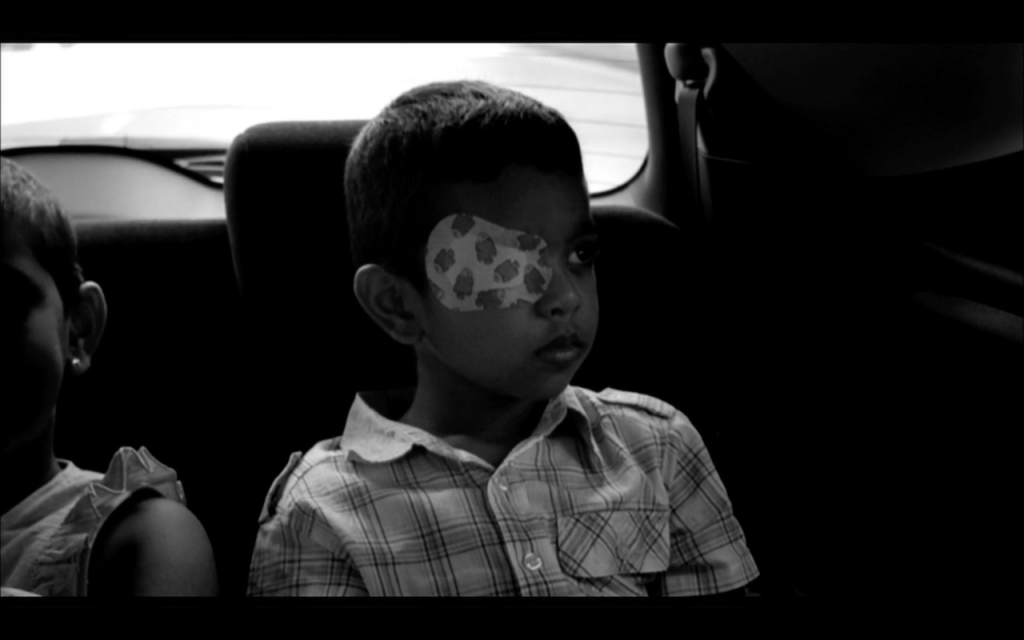
As we encounter these unfulfilled and unfulfilling relationships the perfect motherhood haunts us from afar, remaining cruelly illusory and encountered only in dreams.
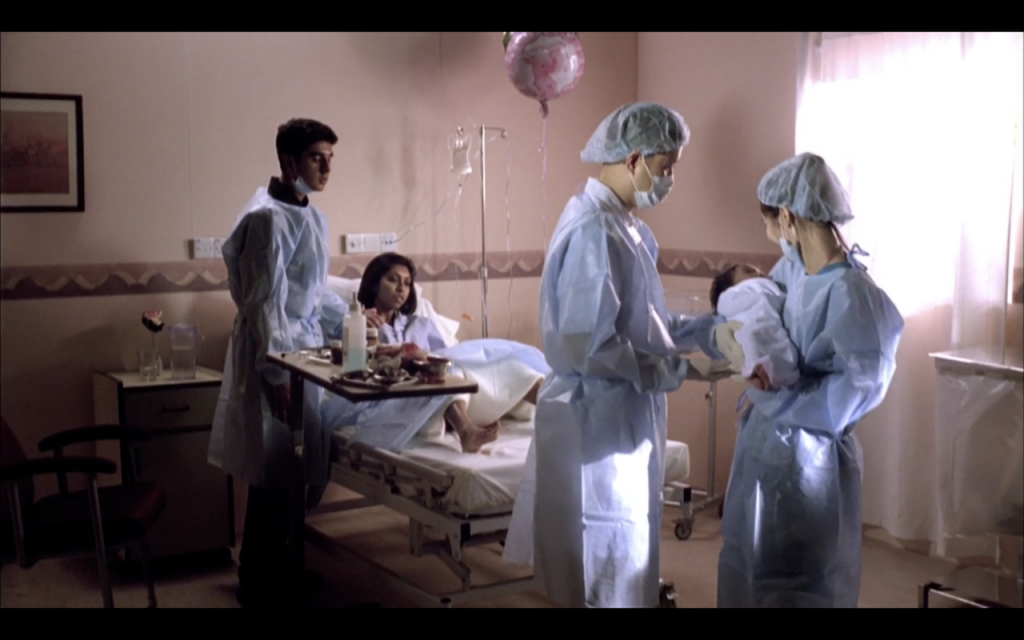
In Katong Fugue, proximity fails to breed understanding, and expressions of love drive apart rather than bring together. In Black and White and Silence, K and Anjana face absence where they long for familial connection.
Mother-son relationships, as they are presented in these films, are a reaching for connection that refuses to present itself, an expectation that children cannot fulfil. Motherhood here is an endeavour that is ultimately and ironically solitary. And though, in these stories and sometimes our own, it is a refusal to accept distance that brings us so much misery, it is perhaps inevitable that love drives us to hold on.
This year, it takes places over 12th and 13th July. Register here.

